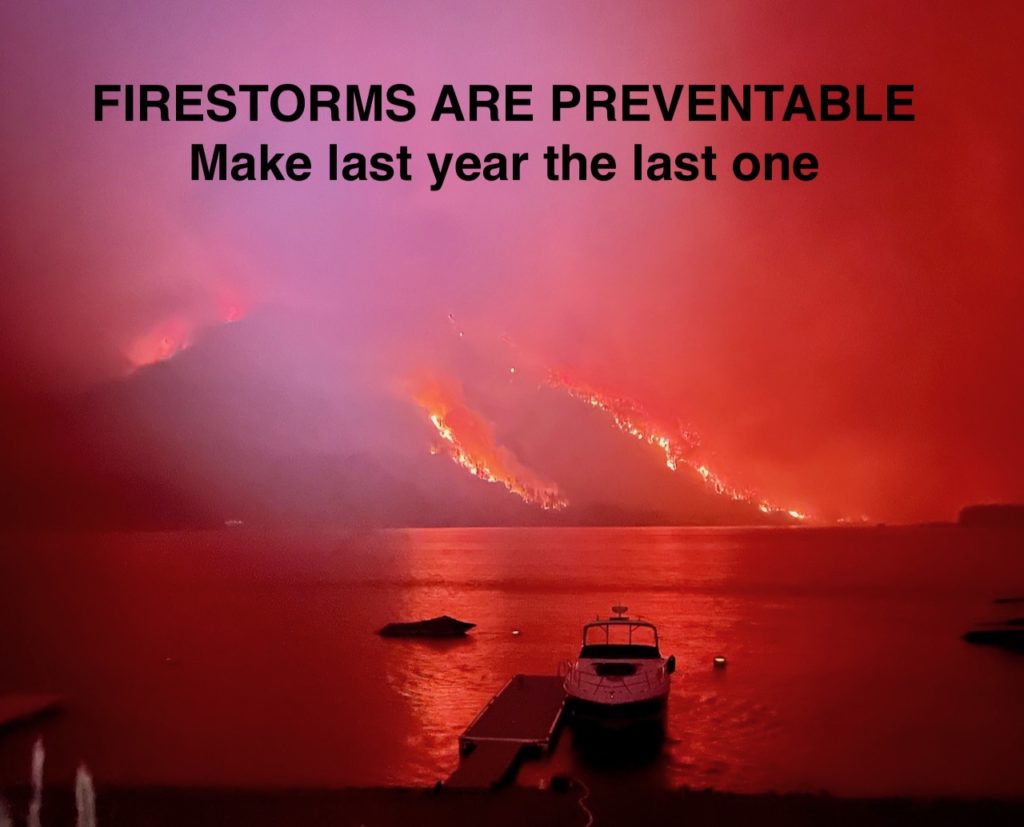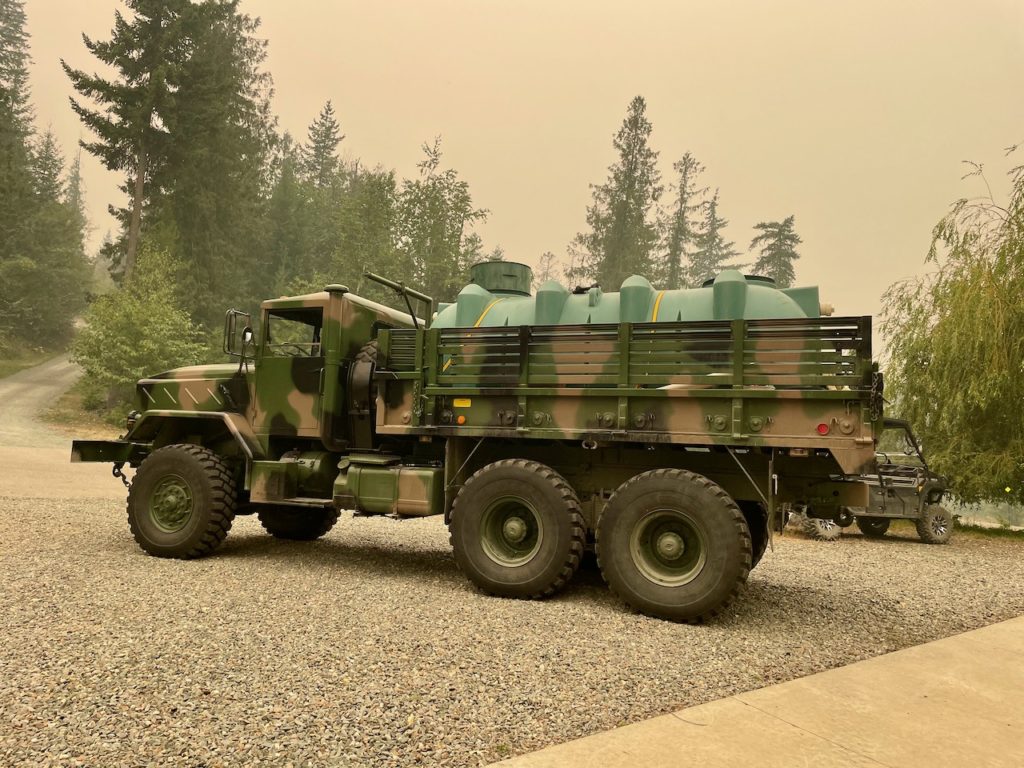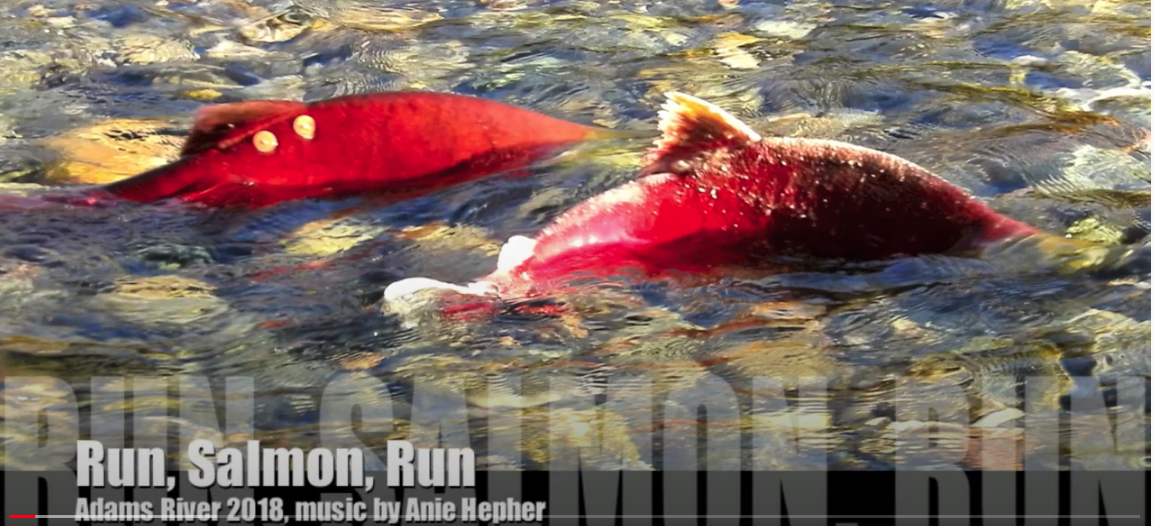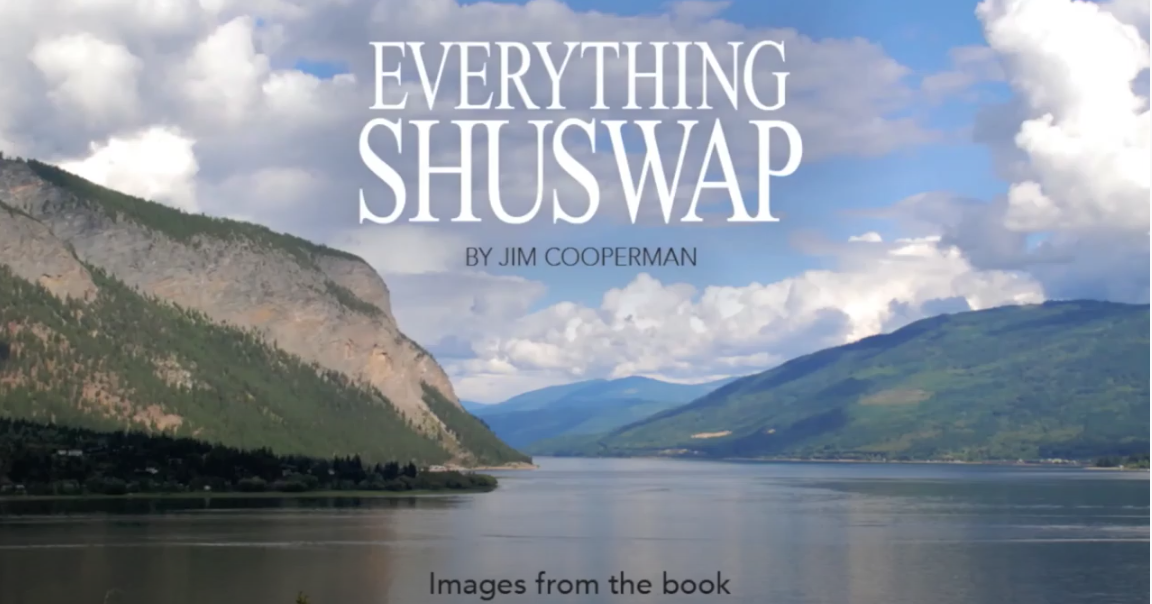
It was my time spent opposing the unjust and immoral Vietnam war while attending university that led to a lifetime of activism, including two decades advocating for environmental protection. After our community was devastated by a massive firestorm that could have been prevented, my attention has become focused on seeking accountability and to improving how wildfires are fought so that more communities will not have to experience similar trauma.
Nearly everyone in our community is convinced that it was the B.C. Wildfire Service’s 2,600 ha-controlled burn lit on August 17th prior to a strong windstorm that destroyed 176 homes and buildings and think the government should take responsibility for the damage they caused. Like every community that has experienced wildfire destruction, we believe that the fires should have been extinguished when they were small and local contractors should have been able to fight them too. As well, we wish the local firefighters who saved countless homes and properties had been supported, rather than harassed and denied basic supplies.

With support from the community including from a group who provided funding, I have been devoting time to research, analyze, write, and network to seek redress and advocate for change. Fortunately, several experts with decades of experience in wildfire suppression and management provided advice and the wording for the text of the petition presented to government. This wording was refined by a lawyer and former Victoria councillor into a governmental briefing note (see note).
In the 1990s, when I was in Victoria for government meetings and networking with other environmentalists, one could walk into legislature offices to deliver paperwork and talk to assistants. Now you need to set up appointments, then pass through airport level security and leave your IDs with an officer in order to meet with government staff, Plus, all papers must be delivered to the mailroom in an adjoining building.
After arriving in Victoria, the first thing I did on Monday was make photocopies of all the materials and drop these off at the mailroom for the offices of the premier and the ministers of environment, land, and forests. Next stop was the Forest Practices Board, that in addition to the narrow investigation into the decision to do the aerial ignition, can prepare special reports on critical issues. After a chance encounter in the lobby, I was able to meet with a manager who agreed that the policy of preventing contractors from doing fire suppression warranted a special investigative report.
The next step was to talk to someone in the Ombudsperson’s office, where they are currenting assessing our concerns to determine if they will do an investigation. Security is also tight in their building and when one of their managers arrived to receive the materials I was delivering, we met in a divided room where we sat on either side of a wall. Seeing my smile, he quickly opened the window, so we did not have to remain apart. Hopefully, my compelling story combined with all the materials will convince them to take on the project, as a critical report from this agency would help our cause.
It is not easy to get an appointment with government, but fortunately I was able to make the necessary connection thanks to an insider. When the phone call finally came, I was told the papers and especially the briefing note that I had dropped off earlier were well done and convincing. The work resulted in a half-hour meeting with Forest Minister Bruce Ralston’s chief of staff and assistant, at which they expressed sincere concern for what we experienced and a strong desire to prevent more devastation this summer.
Shortly after the fires raged through Kelowna and the Shuswap last summer, Premier Eby announced the formation of a task force to make recommendations for dealing with emergencies. Our petition was provided to this task force two months ago and hopefully it had an impact. Their recommendations are due in early March, and we were ensured that we would be able to have another meeting to discuss how well the recommendations meet our demands. Already, some announcements have been made about adding new equipment, including aircraft, and increasing the workforce.

With the ongoing extreme drought conditions and the forecasted hot weather, this summer could be even more dangerous than last year. Hopefully, our calls for better rapid initial attacks and all-hands-on-deck; including loggers, contractors, a revived forest warden system and skilled property owners when wildfires are near homes will be realized so more communities are not devastated.
POSTSCRIPT
Media coverage of the trip to Victoria (click on the media listing below):
CTV News, CBC Kamloops Daybreak, Salmon Arm Observer, The Tyee
In addition to the meetings with government, I also gave a talk to the University of Victoria Environmental Law Students Association, which was well attended and appreciated. On March 6th, I will also be speaking at a forum about wildfires at Thompson Rivers University, from 5:30 until 8 pm at the Alumni Theatre in the Clocktower building.






